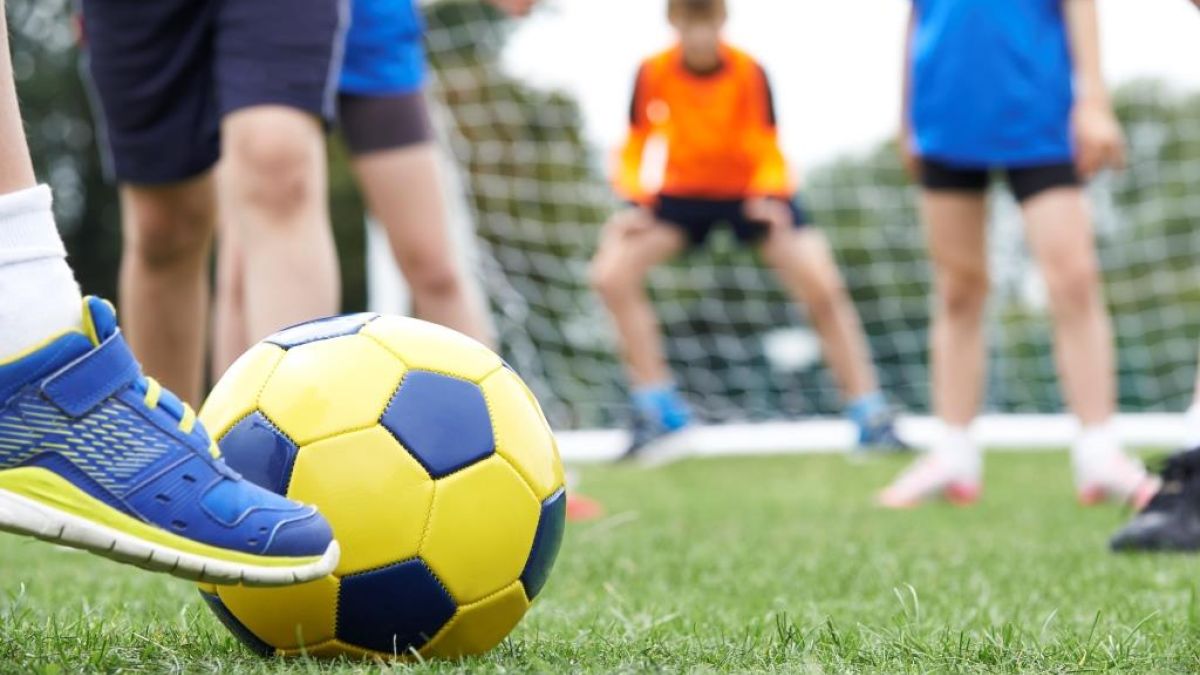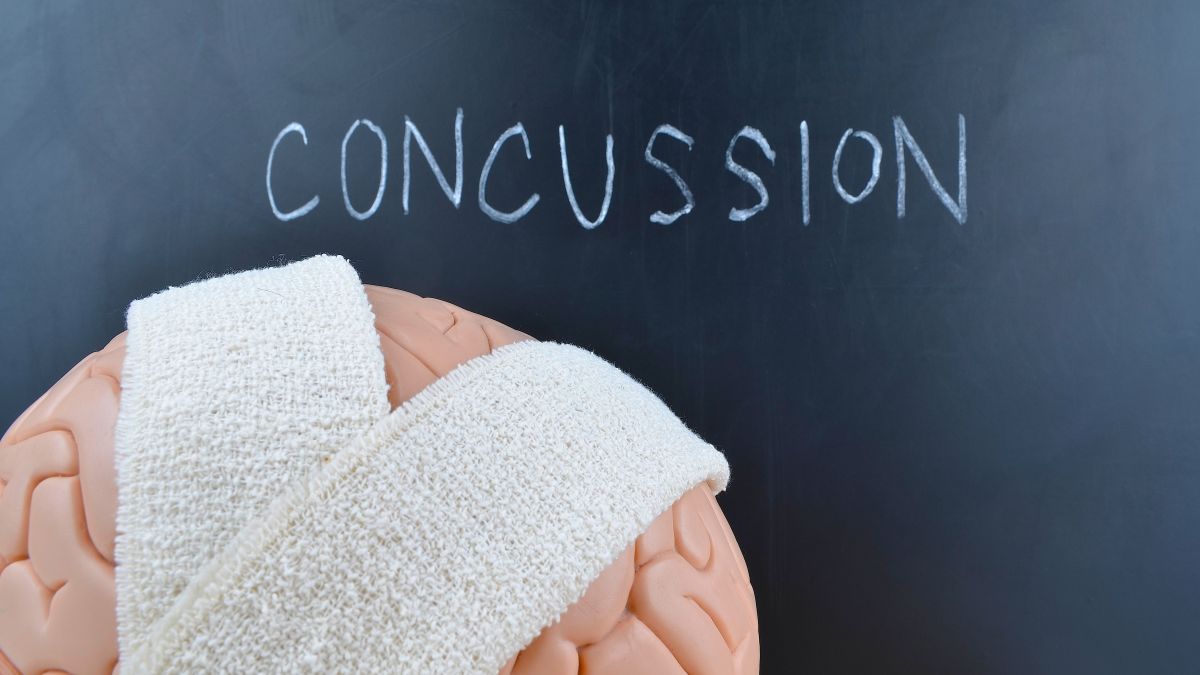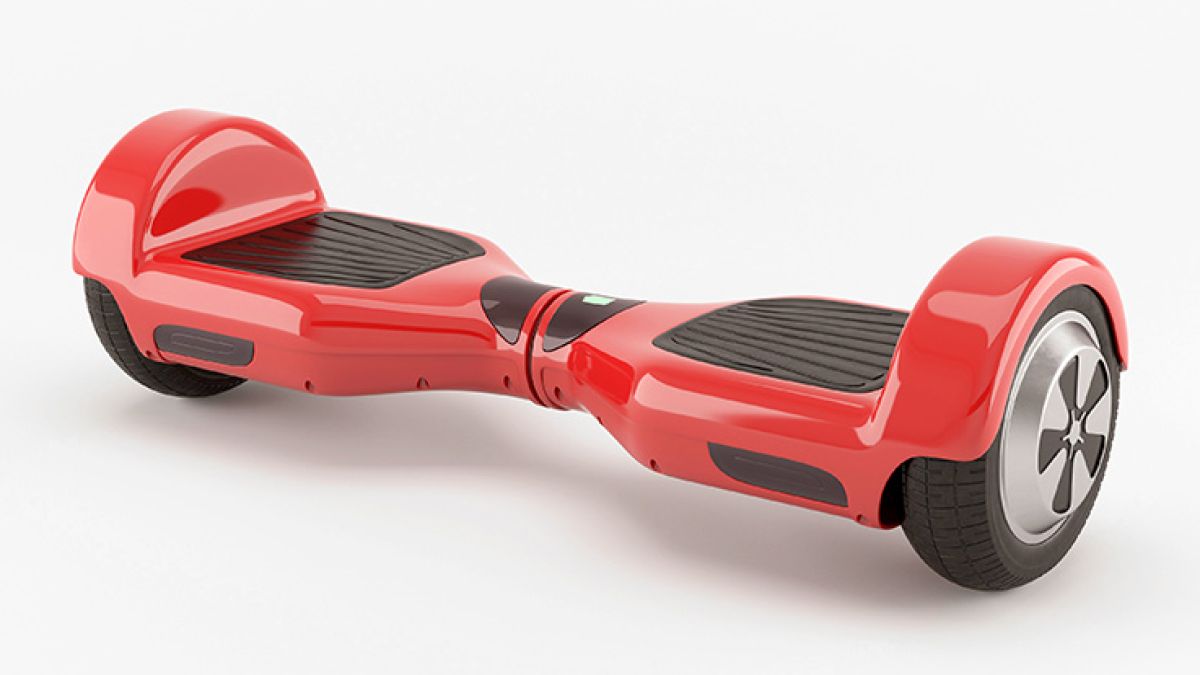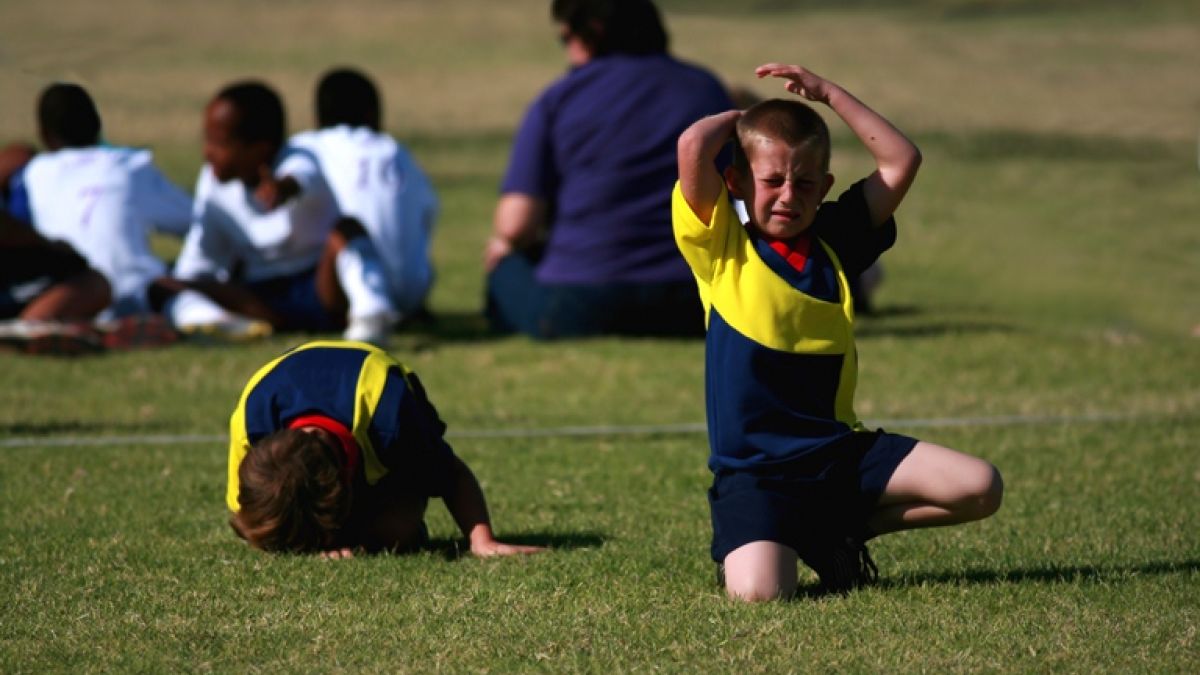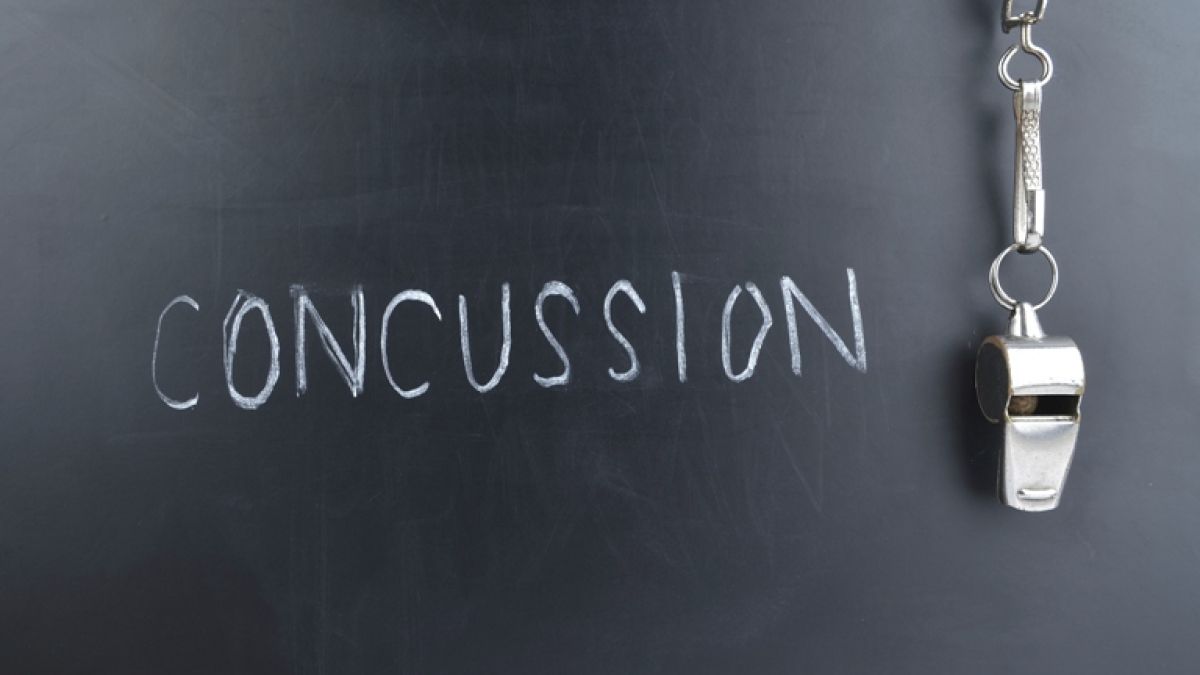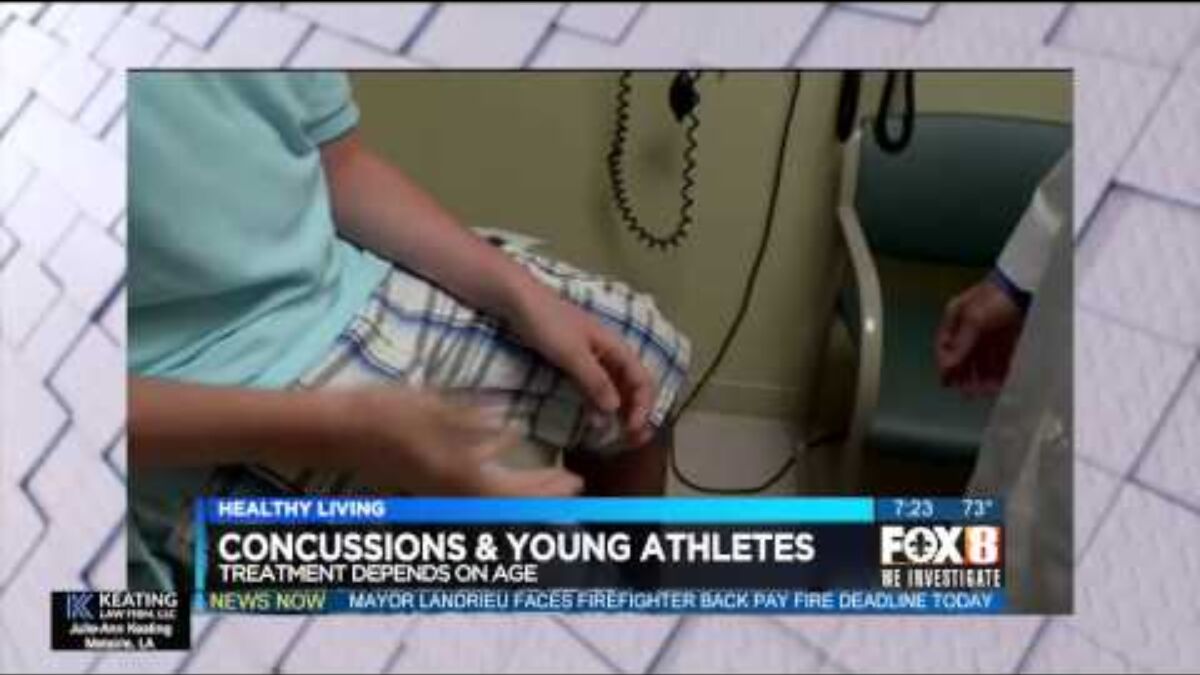Why choose Ochsner Health for concussion care?
Concussion knowledge is constantly evolving. Inside the Ochsner Concussion Management Program, our team of fellowship-trained concussion specialists stays updated on the latest findings to provide the best possible care for residents of Louisiana and Mississippi. Thanks to their hard work, you get an accurate diagnosis and appropriate treatment in a timely manner.







